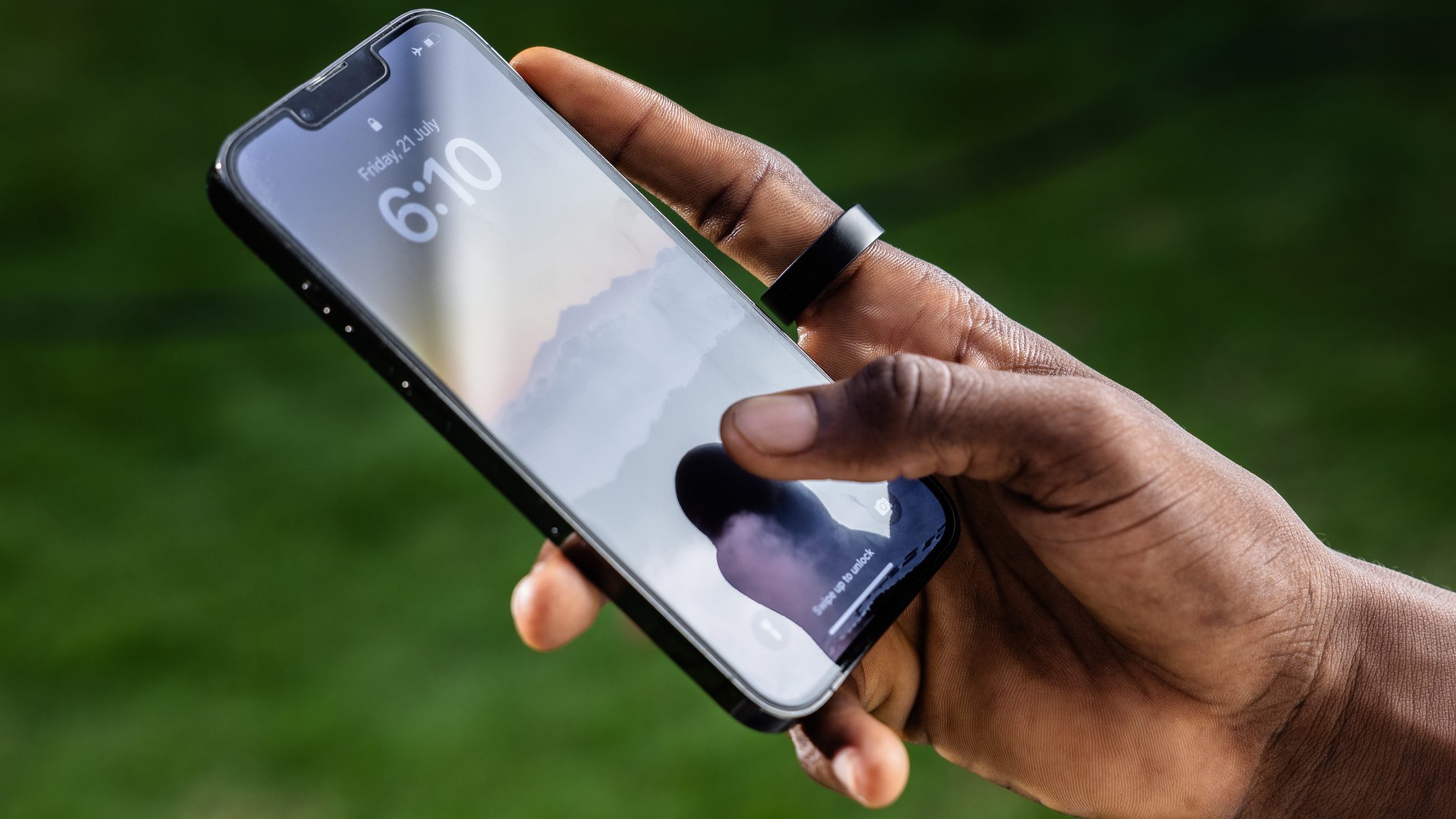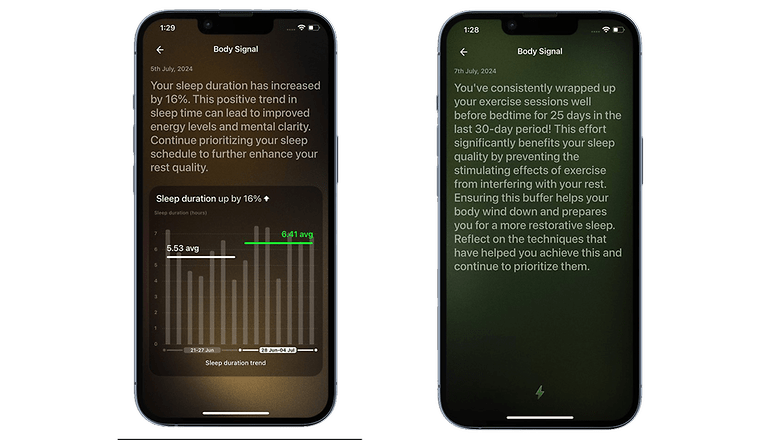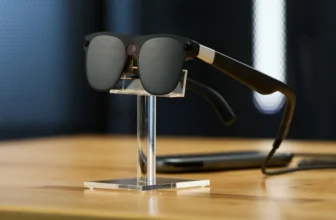
Over the weekend, Ultrahuman introduced a couple of new features to its smart rings, with the spotlight firmly trained on Body Signal and Sleep Debt. The company’s new smart ring tracking tools are already available via a software update on the Ring Air.
New visualization of health data on Ultrahuman smart rings
Ultrahuman described Body Signal as a feature that provides more accurate insights of your health by using and combining metrics like energy levels, recovery state, and sleep recovery. The combined data from these different biomarkers generate trends, such as steps, calories and sleep, and periodic summaries of activities.
The trends are shown in graphical charts on the mobile app with users being able to select weekly trends and view averages of metrics as well as browse the history log.

The other addition is Slept Debt which mirrors the same function in Garmin’s fitness trackers and smartwatches as well as the Whoop tracker (review).
Basically, it gives users personalized sleep patterns and recommendations to better manage their sleep. This is possible by using a 14-day rolling recorded average sleep duration as a baseline followed by providing users with insights such as whether you’re sleep-deprived or not and how much sleep debt you’ll need to repay to achieve the ideal numbers.
Transition to awake state and nap detection at night
Besides the two new tracking features, Ultrahuman added Morning Alertness and Shift Work Mode a few weeks ago. The former presents a daily morning report of how many minutes you’ll need to transition into a fully alert state. Meanwhile, the latter will integrate flexible sleep timing and nap detection at night.
All these features are already available for the Ultrahuman Ring Air, and unlike Oura Rings, these are free and do not require any subscription. It’s also interesting to see Ultrahuman expand the features of its smart ring following Samsung’s launch of the Galaxy Ring (review) last week.
Which of these features do you wish to see added to your wearable like a smartwatch? Let us know in the comments.






